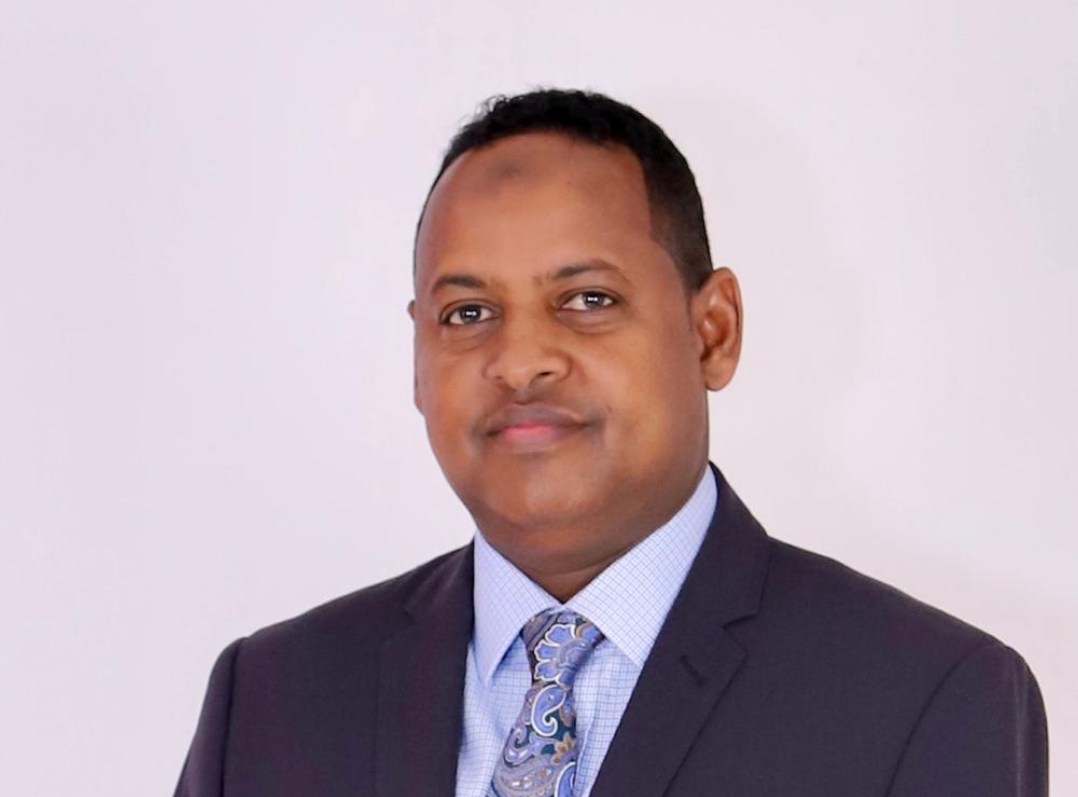
 Deputy Speaker, Garissa County Assembly and MCA-Iftin Ward Hon Mustafa Abdirashid/HANDOUT
Deputy Speaker, Garissa County Assembly and MCA-Iftin Ward Hon Mustafa Abdirashid/HANDOUT
Across the arid stretches of Northern Kenya, a quiet, restless generation sits in the waiting room of development, unemployed, unheard, and underestimated.
These are the young men and women of marginalised counties like Garissa, Wajir, and Mandera brimming with talent, vision, and energy yet trapped in a system that has long broken its promise to them.
They were told that devolution would change everything.
That billions of shillings pumped into county governments would deliver schools, hospitals, jobs, and a chance at dignity. But over a decade since devolution took effect, many youths remain spectators in their own counties watching from the sidelines as political elites trade power, siphon resources, and recycle failure.
This is the reality of being young and ambitious in a region where opportunity is rationed by tribe, patronage, and family name.
A GENERATION ON HOLD
Walk into any small town in Northern Kenya, and you’ll find them, young people with degrees and diplomas, seated outside cafes or riding boda bodas to survive.
Some are trained teachers who have never stepped into a classroom.
Others are ICT graduates forced to herd goats or work as casual labourers.
Many have started small businesses, barber shops, food stalls, phone repair hubs not out of choice, but as a way to resist despair.
They are not lazy. They are not entitled. They are simply stuck, in counties where jobs are sold, tenders are rigged, and innovation is stifled by bureaucracy and clan politics.
The system has not failed to produce capable youth. It has failed to absorb them.
EDUCATION WITHOUT OPPORTUNITY
For years, the call to “educate the North” was answered. Families sacrificed livestock, borrowed money, and endured hardship to send their children to school.
Thousands graduated. But after graduation came the silence, no jobs, no support, and no mentorship.
In the counties, hiring has become political. Public service boards are manipulated.
Internships are rare. And where opportunities exist, they’re often reserved for those with “connections.” For the rest, the message is clear: wait, beg, or leave.
Many have left. Some cross the border into Somalia or Ethiopia. Others risk their lives through illegal migration routes to the Gulf or Europe.
Some, tragically, join the ranks of extremism not because they believe in violence, but because they no longer believe in the system.
A TALENT POOL UNTAPPED
Yet, despite the frustrations, the North is alive with talent. Youth in Garissa are building apps to improve access to education.
In Mandera, others are running online platforms for civic engagement.
Across Wajir, young poets, designers, and digital creators are telling the region’s story in new, powerful ways.
These are not people in need of pity, they need platforms, policies, and partnership.
Imagine if every county government had a well-resourced youth innovation fund.
If local businesses were incentivized to hire locally trained youth.
If vocational centers actually equipped young people with real-world skills.
Imagine if every county assembly had a youth seat with actual legislative power.
These are not wild dreams. They are within reach but only if leaders stop seeing youth as votes to be bought and start treating them as partners in development.
FRUSTRATION BREEDS RESISTANCE
The danger of prolonged exclusion is that it creates resistance not just political, but emotional and psychological.
When young people feel ignored, they tune out. They disengage. They stop voting. They stop hoping. And in that vacuum, all kinds of dangerous ideologies take root.
Already, in some counties, there’s an alarming rise in drug use, mental health struggles, and youth-led protests.
These are not random events. They are symptoms of a deeper malaise: a generation tired of waiting, and tired of being blamed for their own exclusion.
THE PATH FORWARD
The youth of Northern Kenya are not asking for handouts. They are asking for fairness.
For systems that reward merit. For leadership that sees beyond clan lines. For spaces to lead, innovate, and belong.
County governments must lead this shift. They must create deliberate youth engagement policies not just token youth ministries, but cross-cutting youth representation in budgeting, hiring, and planning.
They must audit all youth-targeted funds for transparency and impact.
They must treat youth as citizens with rights not as a problem to be solved, but a promise to be fulfilled.
And young people, too, must organize. They must claim their space. Build movements. Run for office. Demand performance. And above all, speak loudly, clearly, and consistently.
CONCLUSION
The story of youth in marginalised counties is not just a tale of frustration, it is a call to action.
A warning that democracy without inclusion is a shell. That development without youth is deception.
We must stop forcing our youth to sit in the waiting room.
They are not the future, they are the present. And they deserve a seat at the table, not just a promise of one.
The writer is the current Deputy Speaker and MCA for Iftin ward in Garissa County. He is also the former MCA for Fafi Ward. He writes on governance, youth, and the lived experience of marginalised communities.











